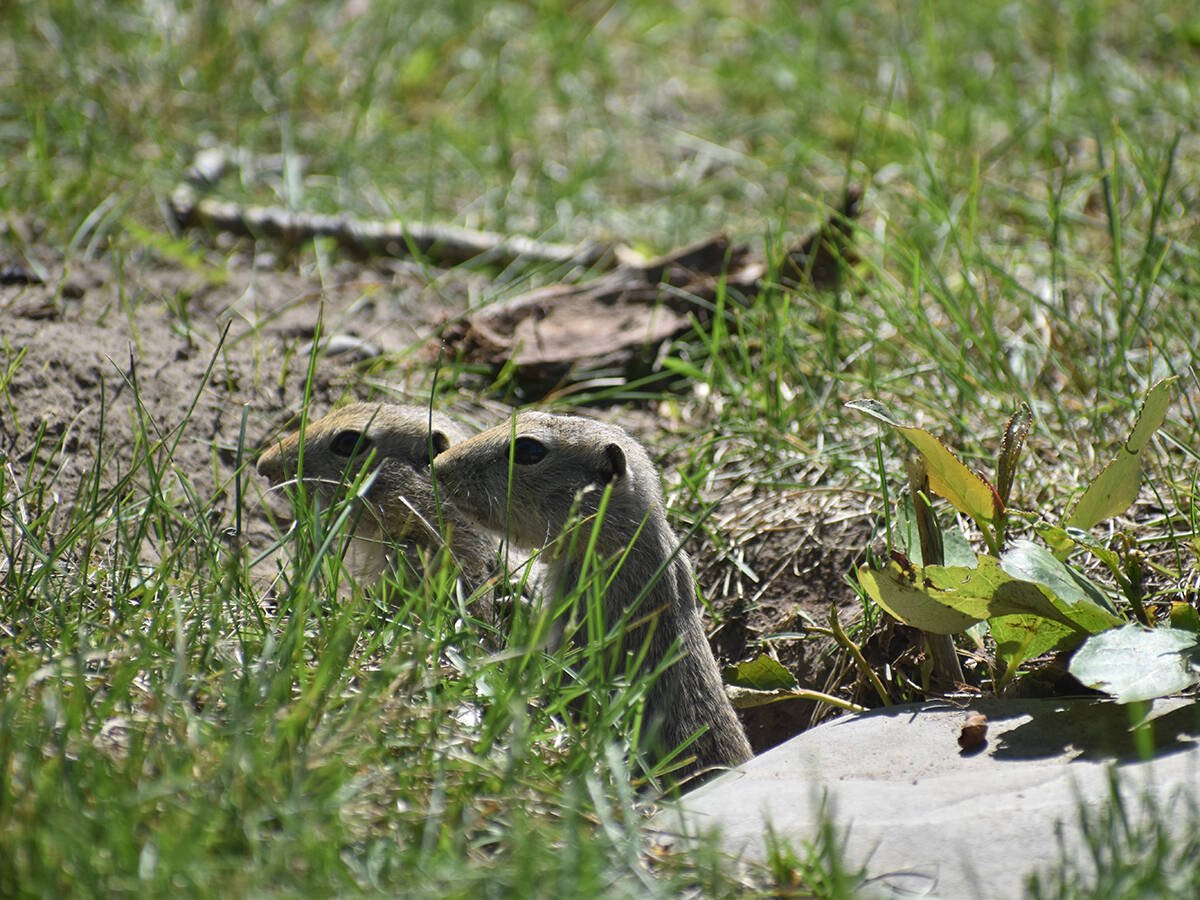A state of emergency over chronic wasting disease has been declared in the United States to make more disease control money available, not because there is a new outbreak, says an American agricultural
official.
“This is not like a dire emergency where we’re all at risk from chronic wasting disease and we’re in some sort of panic,” said Ed Curlett, public affairs specialist with the U.S. Animal and Plant Health Inspection Service.
The declaration of emergency on Sept. 21 is a funding mechanism that allows the inspection service to access $2.6 million to eradicate herds of farmed elk and deer that have CWD.
Read Also

Rural officials hopeful strychnine use will resume
The Saskatchewan Association of Rural Municipalities is taking a verbal commitment from the federal agriculture minister on strychnine use as a good sign.
In recent years, CWD has been found in 16 captive elk herds in Colorado, Montana, Nebraska, Oklahoma and South Dakota. Some of the herds have been killed.
Of the 2,300 farmed elk herds with a total of 130,000 animals, animals from six herds totalling 1,500 animals are known to be CWD positive.
According to the Canadian Food Inspection Agency, CWD infected animals had been found on 34 Canadian farms as of Aug. 31, 2001. The CFIA had destroyed 6,300 elk and 612 cattle and bison. Another 600 elk await destruction.
The United States does not have an active eradication program. Limited money has restricted the inspection service to conducting minimal surveillance, testing and depopulation.
If CWD is found, herds are placed under quarantine.
The $2.6 million will be used to step up surveillance, increase testing and provide financial assistance for producers whose herds must be destroyed if an animal in the herd tests positive.
“We will work out a priority list of which herds go first, based on risk and conditions on the ground,” Curlett said.
He said although more cases are being reported, there hasn’t been an explosion of CWD. The state of emergency was implemented to help control the disease while it’s still at a manageable level.
Curlett said it is unclear whether the money will be available next year or if it will come from other areas of government.














